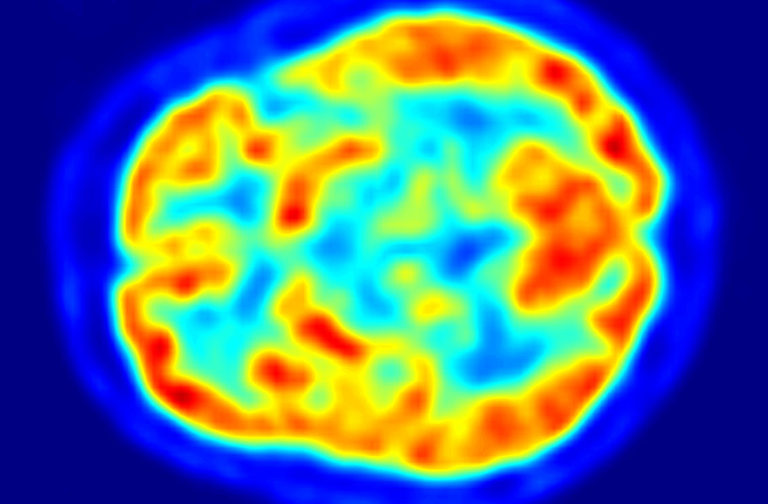When I left Wall Street 20 years ago, I had an inkling that our environment and energy challenges were primarily due to a mismatch between how we’ve evolved as humans and our modern energy/tech rich environment. I actually started to write my PhD on this, and today’s guest -Dr. Peter Whybrow – was an early member of my dissertation committee. I eventually switched my thesis to “net energy”, yet the centrality of human behavior to explain and constrain our situation has continued to fascinate me. This week, I’m privileged to speak with my friend, advisor, and coach, Dr. Peter Whybrow, who is a neuroscientist and psychologist, the (recently retired) head of the Semel Institute at UCLA, and author of many scientific papers and books, among them: A Mood Apart: Depression, Mania, and Other Afflictions of the Self, American Mania: When More is Not Enough, and The Well-Tuned Brain: The Remedy for a Manic Society .
Today, Peter and I discuss how dopamine, evolution, and modern culture push many of us toward a lifestyle of excess and overconsumption. Peter explains how habits that were designed to be an evolutionary advantage become problematic by making us susceptible to addictions. Finally, we discuss how we can overcome these mental challenges, both as individuals and – more importantly – as a culture.
I hope you enjoy and learn from this conversation with Peter Whybrow.
Show Notes
03:15 – A Mood Apart
03:34 – The Dot-Com Bubble
03:50 – Dopamine
04:04 – American Mania: When More is Not Enough
04:27 – The Well Tuned Brain
08:11 – 1800s Irish migration
08:58 – Migrant gene DRD4-7R* Allele and correlation with the pursuit of novelty
10:31 – Dennis Meadows and TGS Episode
11:32 – Reflective vs reflexive thought
14:12 – Evolutionary Psychology
14:44 – Discount rate
15:05 – Evolutionary creation of the parts of the brain
16:15 – Adam Smith – The Wealth of Nations
16:25 – Humans are social creatures
17:30 – Feedback loops
18:07 – Adam Smith – The Theory of Moral Sentiments
20:19 – Loss aversion
21:27 – We are just as smart now as we were in the ice age
22:23 – People are addicted to “more”
22:45 – We are polluting the planet
23:45 – The neurology of chemical addiction can also apply to things like gambling and shopping
24:40 – The proximate vs the ultimate
25:32 – We have no social constraints anymore
28:19 – We try to compete for status with our peers
30:15 – Why it’s so difficult for us to constrain ourselves
31:15 – The importance of trust and empathy for human societies and self-constraint
33:25 – The importance of oil to plastic
34:11 – Rats and cocaine experiment
35:41 – The problem with infinite economic growth
36:10 – Waste from electric cars
37:35 – Evolutionary benefits of habits
38:10 – The mechanism of habits can be used to create addiction/bad habits
39:38 – Issues with current U.S. education system
42:09 – The frontal lobes and decision making
42:28 – Perception-action cycle
48:17 – John Gowdy TGS Episode
51:01 – Teaching social behavior in schools
52:13 – Finland education system + Book recommended by Peter Whybrow
54:40 – The US wealth gap – 50% of the population makes less than a living wage
56:05 – How much of our consumption stems from comparison to others?
57:28 – Analysis of the slums in post-world war London
1:04:20 – Social media can’t substitute for face-to-face interactions
1:06:54 – Humans shape each other’s behaviors
1:10:01 – The US is one of the only democratic countries in the world with just two parties
Teaser photo credit: By Jens Maus (http://jens-maus.de/) – Own work, Public Domain, https://commons.wikimedia.org/w/index.php?curid=404690






